53+ Sample Eulogys
-
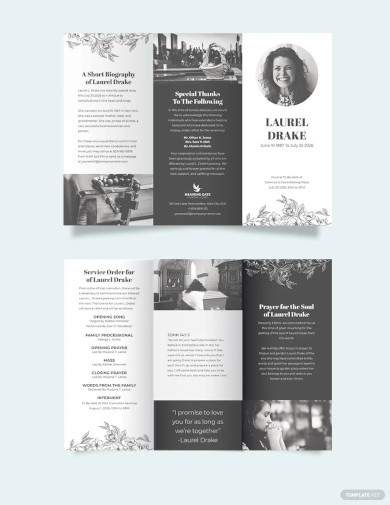
Eulogy Booklet Funeral Tri-Fold Brochure Template
download now -
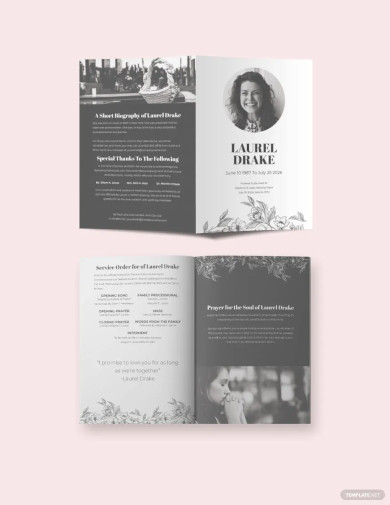
Eulogy Booklet Funeral Bi-Fold Brochure Template
download now -
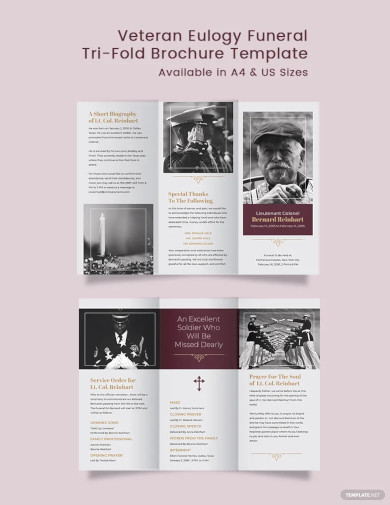
Veteran Eulogy Funeral Tri-Fold Brochure Template
download now -
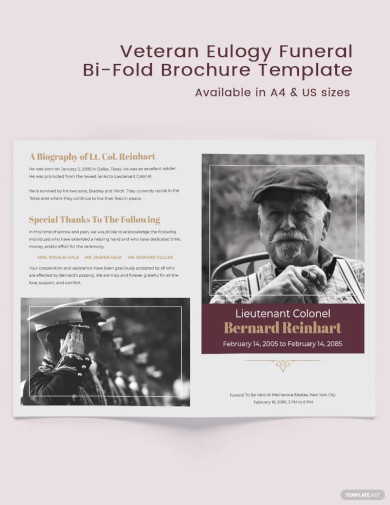
Veteran Eulogy Funeral Bi-Fold Brochure Template
download now -
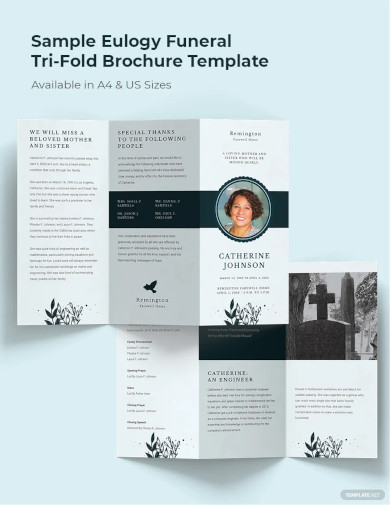
Sample Eulogy Funeral Tri-Fold Brochure Template
download now -
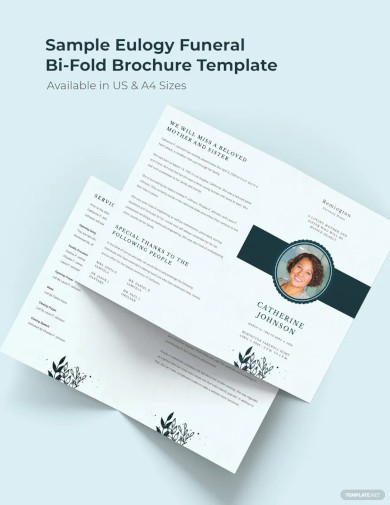
Sample Eulogy Funeral Bi-Fold Brochure Template
download now -
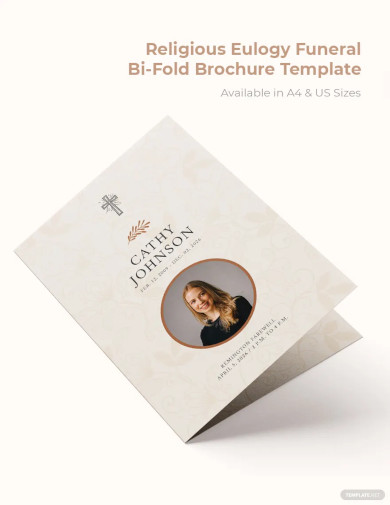
Religious Eulogy Funeral Bi-Fold Brochure Template
download now -
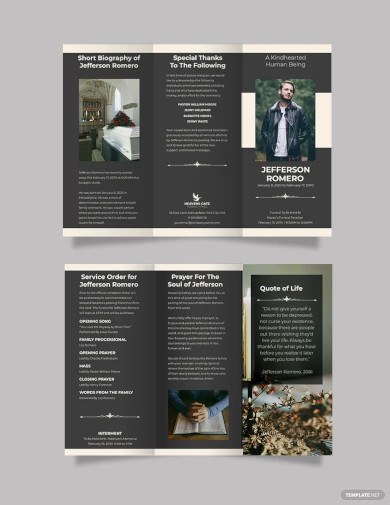
Order of service Eulogy Funeral Tri-Fold Brochure Template
download now -
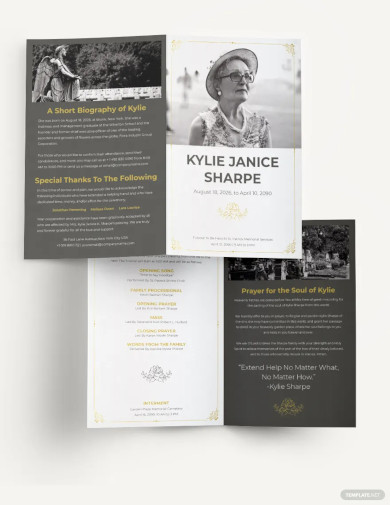
Mother/ MOM Eulogy Funeral Bi-Fold Brochure Template
download now -
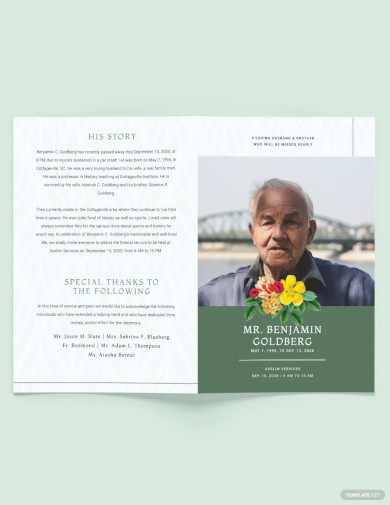
Printable Eulogy Funeral Bi-Fold Brochure Template
download now -
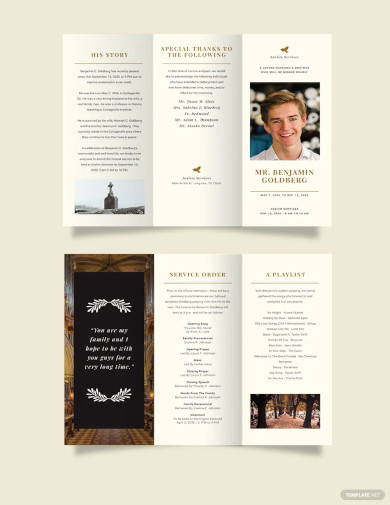
Blank Eulogy Funeral Tri-Fold Brochure Template
download now -
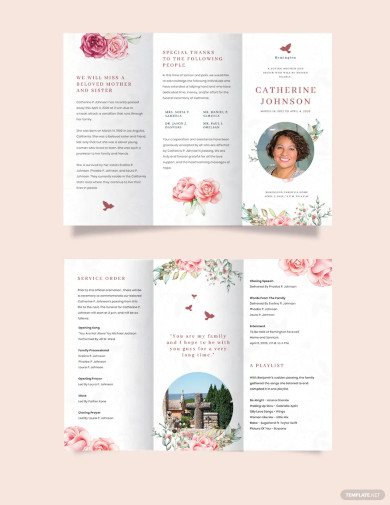
Floral Eulogy Funeral Tri-Fold Brochure Template
download now -
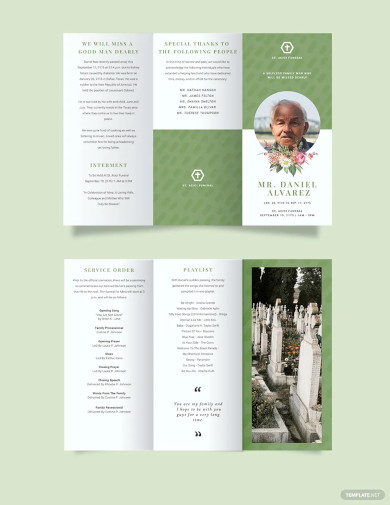
Creative Eulogy Funeral Tri-Fold Brochure Template
download now -
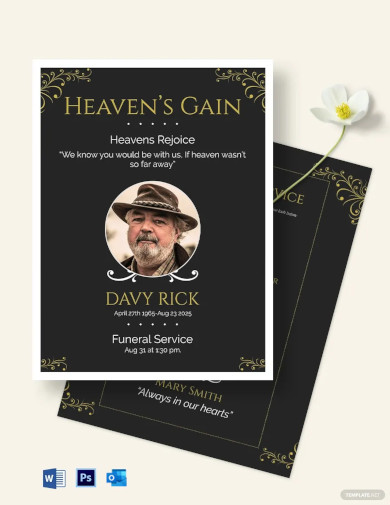
Memorial Eulogy Funeral Template
download now -
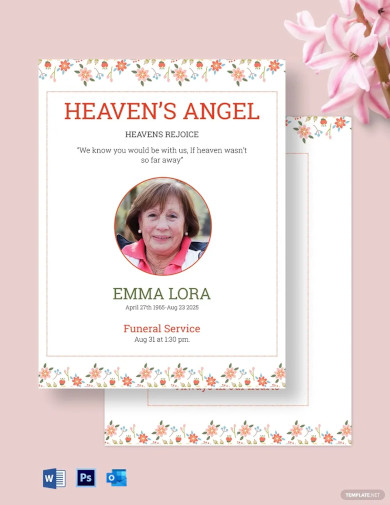
Premium Eulogy Funeral Template
download now -
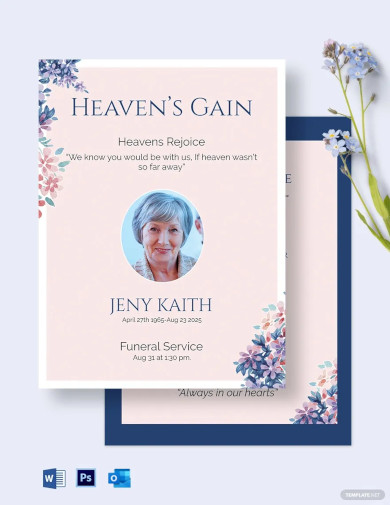
Legacy Eulogy Funeral Invitation Template
download now -
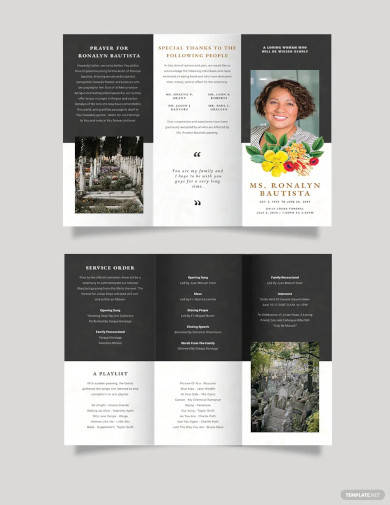
Christian Eulogy Funeral Tri-Fold Brochure Template
download now -

Eulogy Funeral Invitation Template
download now -
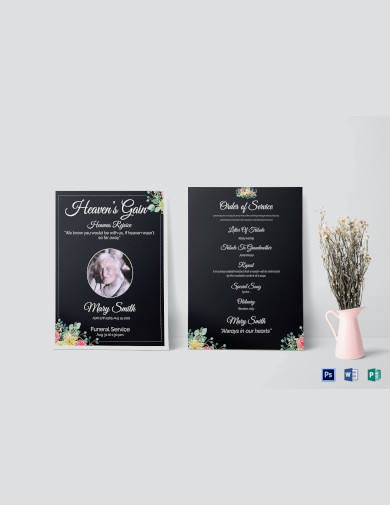
Eulogy Funeral Invitation Card Template
download now -
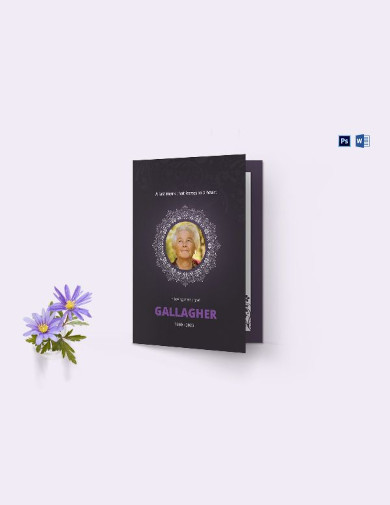
Eulogy Program Bi-fold Brochure
download now -
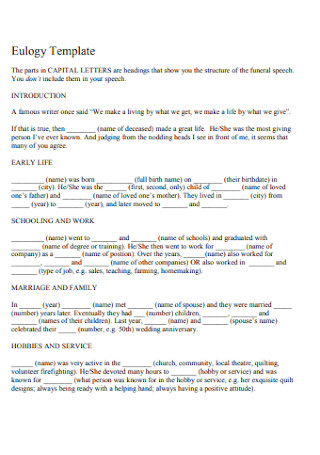
Sample Eulogy Template
download now -
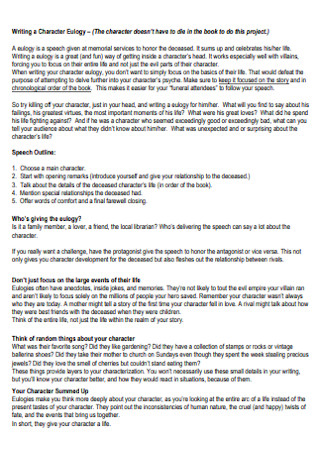
Sample Character Eulogy
download now -
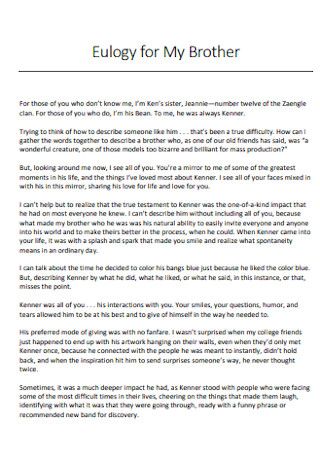
Eulogy for My Brother
download now -
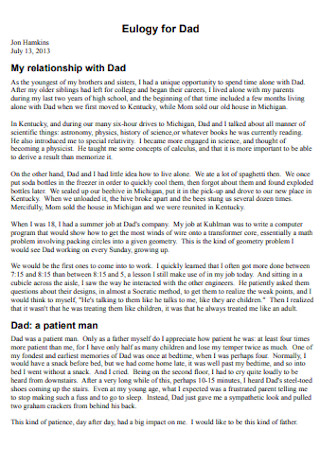
Eulogy for Dad
download now -
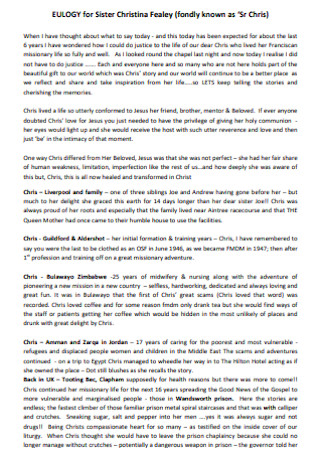
Sample Eulogy for Sister
download now -
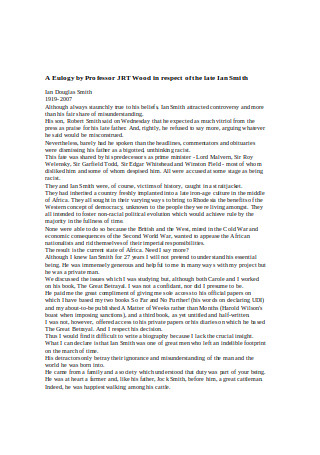
Grandfather Eulogy
download now -
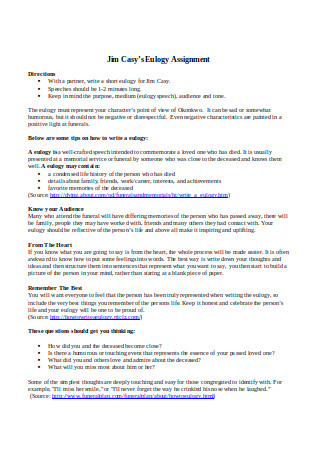
Sample Husband Eulogy
download now -
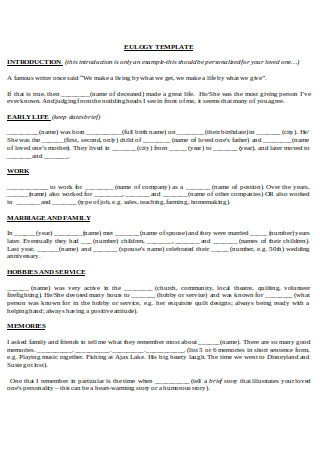
Written Professional Eulogy
download now -
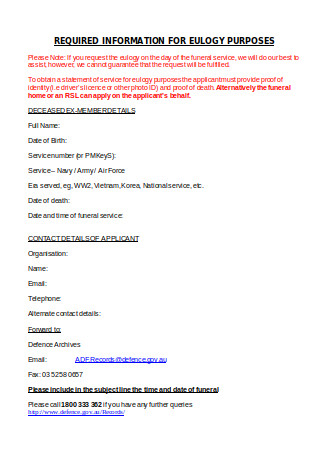
Sample Short Purpose of Eulogy
download now -
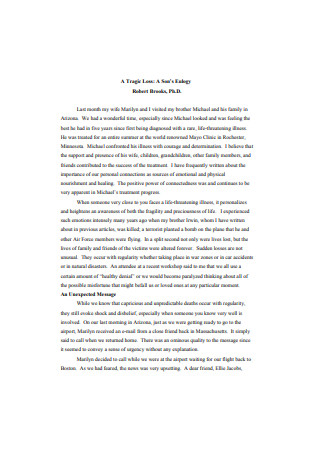
Friend Eulogy for a Book
download now -
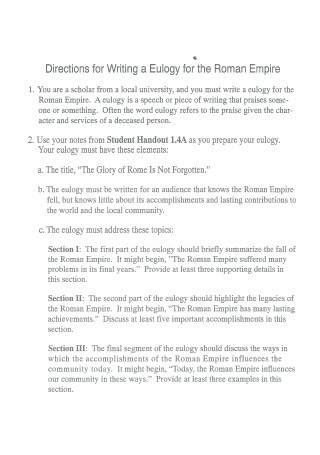
Mom Eulogy
download now -
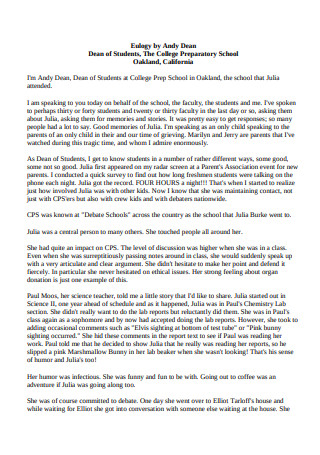
Sample Sad Eulogy
download now -
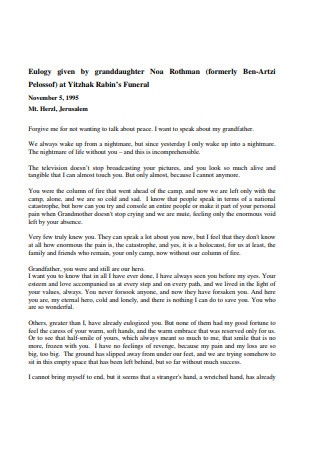
Tribute Eulogy by Grandmother
download now -
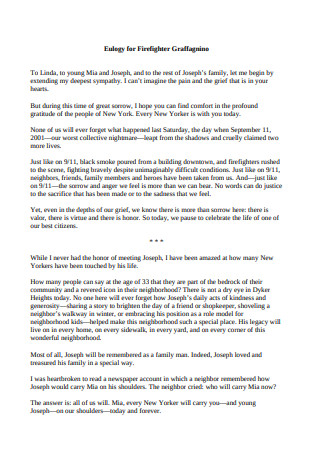
Poem Eulogy for Firefighter Example
download now -
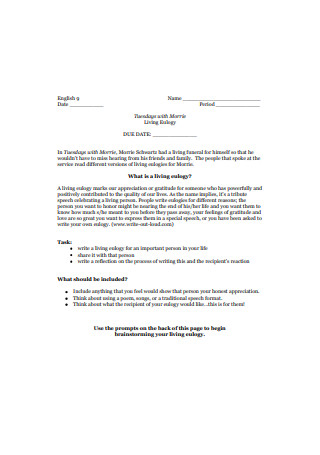
Funeral Living Eulogy
download now -
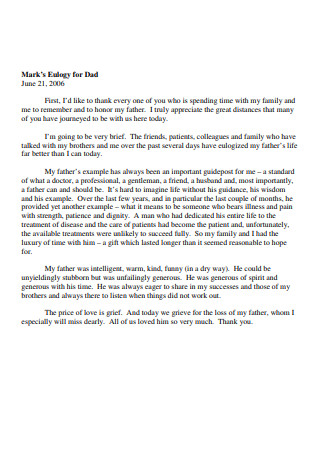
Mark’s Beautiful Eulogy for Dad
download now -
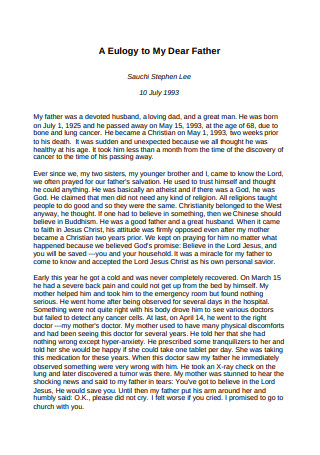
Eulogy to My Dear Father
download now -
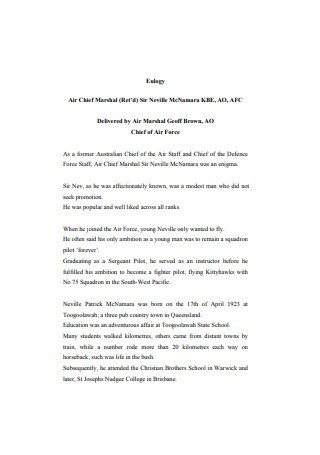
Sample Eulogy Famous
download now -
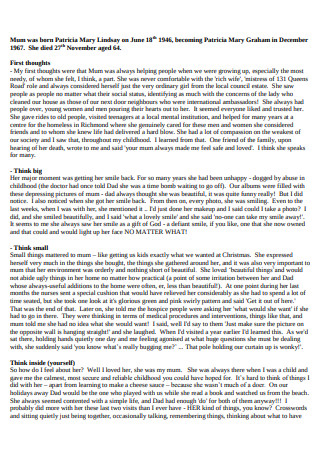
Mums Emotional Eulogy
download now -
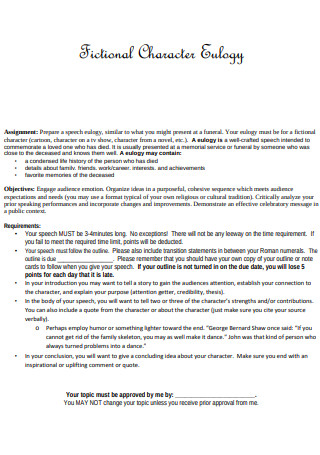
Fictional Heartfelt Character Eulogy
download now -
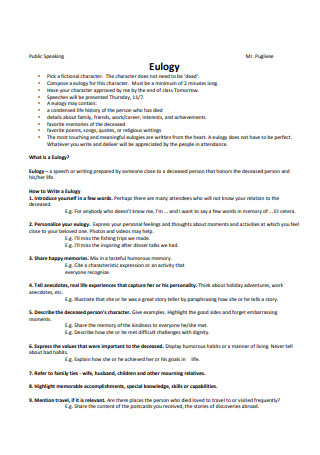
Public Obituary Speaking Eulogy
download now -
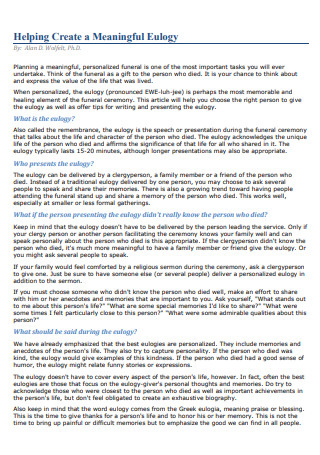
Sample Loving Memory Meaningful Eulogy
download now -
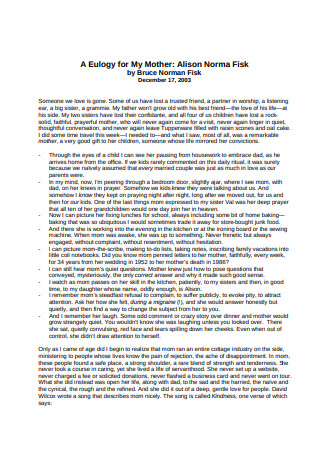
Gatsby Eulogy for My Mother
download now -
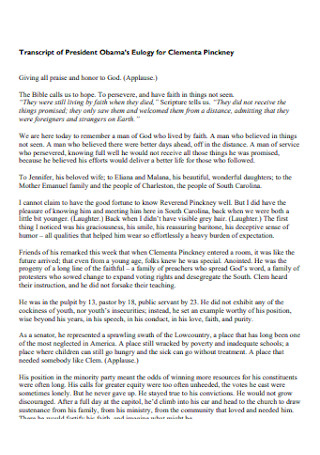
Transcript of Self President Eulogy
download now -
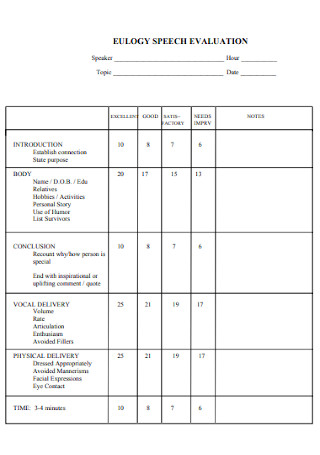
Eulogy Speech Evaluations
download now -
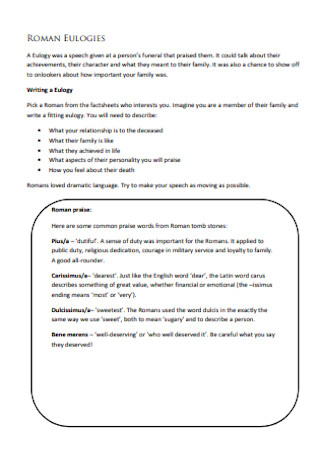
Roman Eulogies Template
download now -
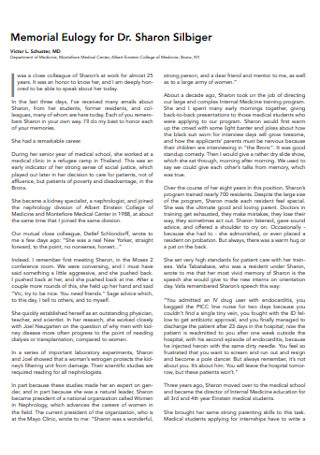
Memorial Eulogy for Doctor
download now -
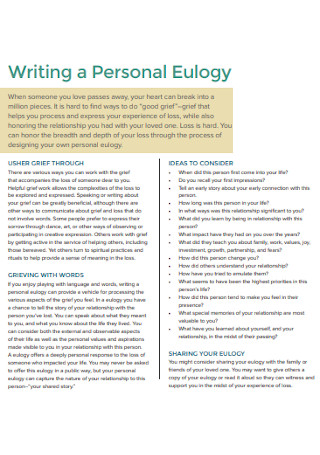
Writing a Personal Eulogy
download now -
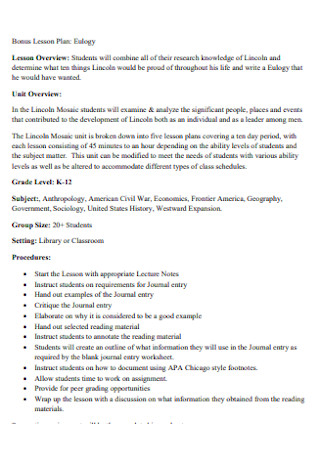
Eulogy s Lesson Plan
download now -
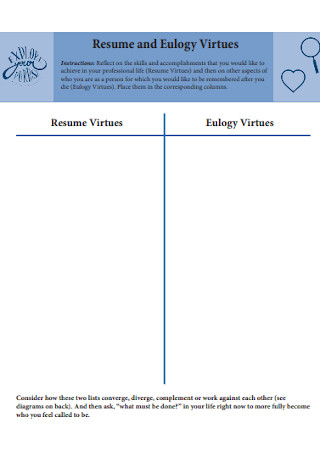
Resume and Eulogy Virtues
download now -
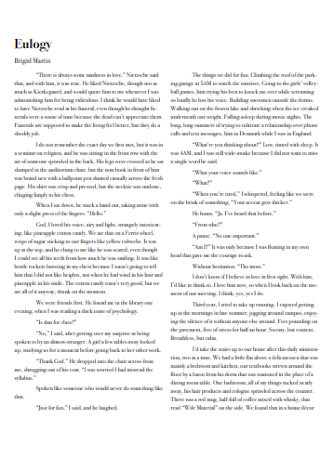
Simple Eulogy Example
download now -
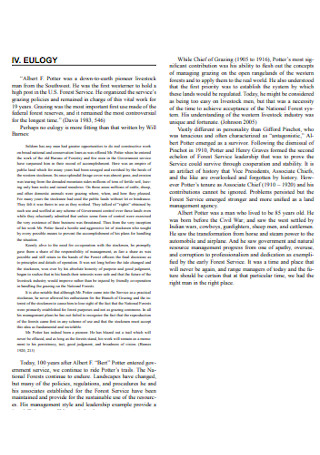
Eulogy Format
download now -
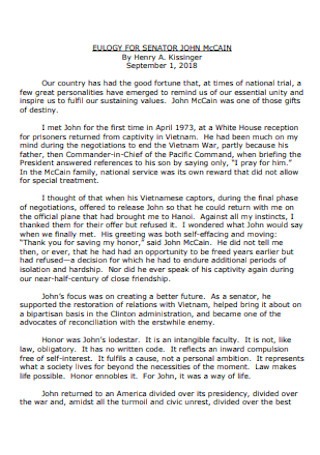
Trial Eulogy Example
download now
What Is A Eulogy?
A eulogy is typically a speech but it can come in any form of a tribute or remembrance for a person who has died. It is usually delivered at a funeral service or a wake. A highly personal piece of writing, a eulogy honors the memory of the recently deceased person.
Statista reported that more than 2.5 million people have already died from COVID-19 globally. Already one year into the pandemic and despite the expedited rollout of vaccines, there are still many countries struggling with surging cases and new variants of the virus.
Components of a Eulogy Speech
How does one begin to talk about a difficult subject like death? There are common elements when writing a good eulogy. These elements ensure an appropriate level of sympathy and tact.
How To Write a Eulogy
Writing a eulogy speech is a personal experience. It may take some reflecting and sifting through memories. Use any of the helpful templates above to guide you. And follow these four simple steps to add a personal touch to your eulogy.
Step 1: Start With an Outline
Decide on what you want your eulogy to contain. Define and divide your tribute into parts so it is easier to start writing.
Step 2: Write a Brief But Memorable Introduction
It is not required to provide a title for your eulogy since it is a given that you are expected to talk about the deceased person. It is, however, recommended to introduce the person and briefly describe your connection to him or her.
Step 3: Pay Tribute to Their Memory
Honor the deceased person by sharing memorable experiences you’ve had with him or her and by emphasizing their positive traits. For example, a woman shares special memories of her boyfriend, whose life was tragically cut short. She describes how he was an affectionate and patient partner and vows to love him even after death.
Step 4: End Your Eulogy with Gratitude
Eulogies can be short or lengthy. Sometimes, a simple ‘thank you’ is enough. Close your tribute by thanking those in attendance for their presence and support. This is especially applicable to family members who often need to tend to guests at wakes and funerals.
FAQs
What do you say in a eulogy?
The speech is meant to honor the life of the deceased and praise the positive qualities they possessed. In your tribute, note personal memories and relate it to the deceased person’s life. You can also express your sympathies to the family if you are not an immediate family member.
How do you start a eulogy?
Start by establishing your relation to the deceased. Typically a person asked to give a eulogy is a family member, close friend or colleague of the one who died. You can quote a favorite author about the meaning of life and death or share a bible passage about eternal life.
What is a eulogy example?
Maria was one of my closest confidants. We were generations apart but there was something truly special about our relationship. She was not only a doting grandmother and a reliable friend, but the best listener there ever was. I know she would be so happy right now with all of you present to remember her. Our family wishes to extend our heartfelt gratitude to everyone who came and gave flowers, food and assistance. Knowing my grandmother, I know she is looking down on us now with a big smile on her face.
Your eulogy is not only for your own satisfaction; but is also for the benefit of everyone who knew the departed in whatever capacity. It can be a deep source of comfort for those who knew the person intimately, such as close family and friends. And for those who did not know the person that well, they are able to get an intimate picture of his or her life through your heartfelt eulogy. Download a sample eulogy now.
